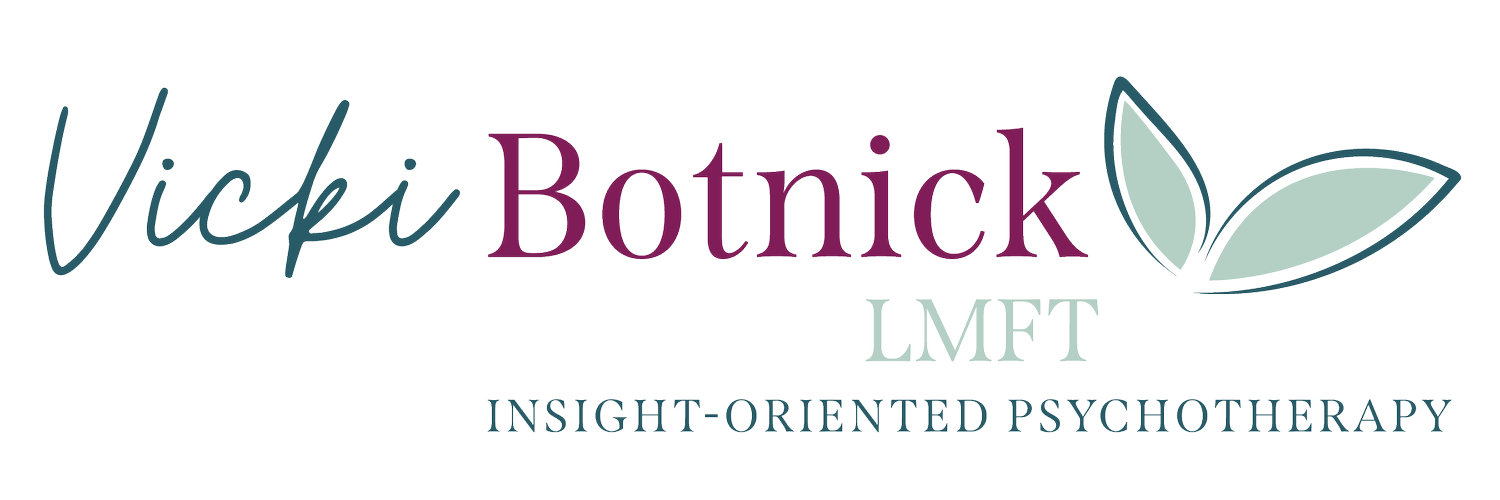What To Know If You’re Considering Trauma Therapy
What you are experiencing makes perfect sense.
When we are faced with traumatic events, our brains and our bodies go into survival mode to keep us safe. This mode helps us prepare to fight, to flee, to freeze, to protect those in our care, or to seek assistance from others in order to best handle the situation. Much of what trauma survivors experience following traumatic events is distress from coping mechanisms that helped us get through difficult times, but no longer serve us.
Being hyper aware of your surroundings or the moods of others may have helped to keep you safe, for example, but now you might find it difficult to relax and be comfortable. Or maybe you learned to ignore your own needs and wants in order to avoid emotional distress, and now you
have difficulty making choices that would help you feel more content and fulfilled. Working with a trauma specialist can help you get out of survival mode and to move forward in life.
You are not alone.
Many people that live through highly stressful situations develop negative symptoms, and almost seven percent in the US will qualify for Post Traumatic Stress Disorder (PTSD) at some point in their life. Common causes are exposure to violence, abuse, accidents, disasters, bullying, loss and betrayal. Some may develop symptoms simply because they are part of a marginalized community or identity. Nearly everyone experiences some kind of traumatic event, but certain kinds of events or repetitive events, along with other factors like disposition, can have a more serious impact on mental and physical health. People that have higher empathy or sensitivity by nature are more vulnerable to the lasting effect of trauma, for example.
The lasting effects of trauma can cause symptoms that are distressing or can even disrupt daily functioning. Maybe the trauma you experienced makes every day difficult. Or maybe you only struggle with specific triggers or when general stress leaves you more vulnerable. Whatever level of distress you are experiencing, trauma therapy can help you cope and bring relief.
You can become more present, more relaxed, and more tolerant.
Working through trauma can be difficult, but it can lead to significant and noticeable improvements in symptoms and daily functioning. Our therapists will strive first to create a good, trusting, working relationship with you, to create the safe, supportive that space you need to address and improve difficult thoughts and emotions. Therapy should always be a space free from judgement where you can say or feel whatever you need to.
Trauma therapy is not one-size-fits all. Your therapist will work with you to create a plan that best fits with your goals, preferences and needs. This includes building a custom
toolkit for you to practice and rely on to improve coping skills and help to regulate your emotions. You deserve to feel more calm, capable, and in the moment.
Learn more about trauma therapy.
If you’re ready to find support with therapy, schedule a free consultation here.
